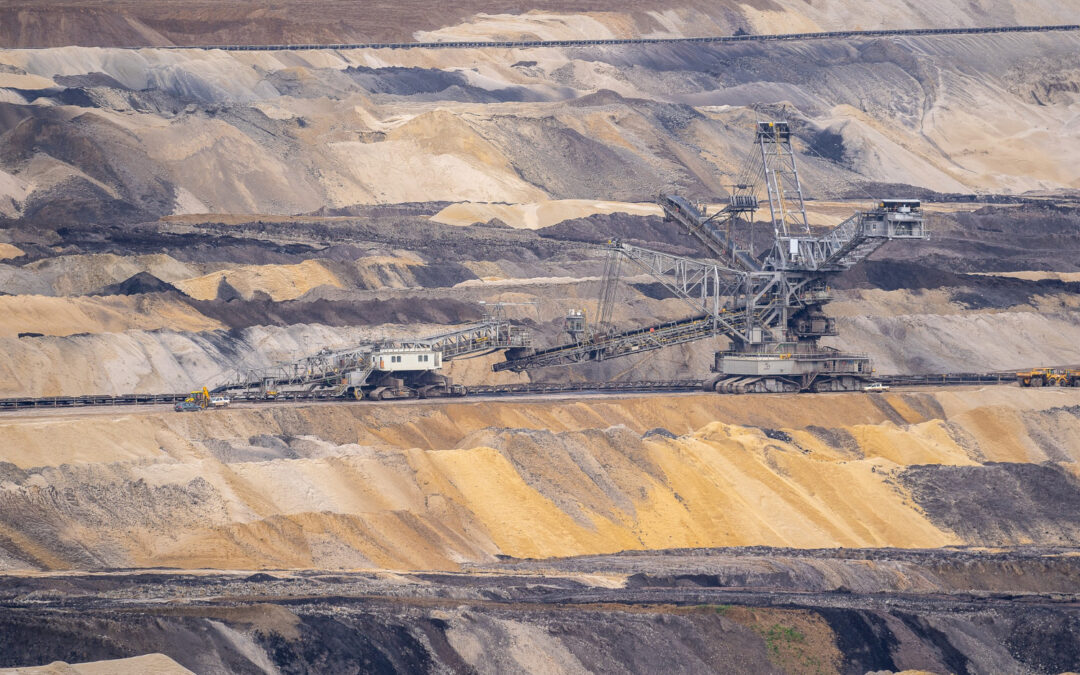In recent years, Indonesia’s mining sector has once again drawn global attention, not only for its abundant reserves of strategic minerals such as nickel, copper, and bauxite, but also for the government’s increasingly assertive policies on downstream processing and industrial self-reliance.
These initiatives aim to boost domestic value-add, yet they have sparked debate among foreign investors. Key concerns include the mandatory 51% share divestment requirement and the ban on raw mineral exports, measures that some trade partners argue act as barriers to commerce and foreign investment.
Criticism from the United States regarding Indonesia’s divestment and downstreaming policies illustrates how mining regulations now carry geopolitical and diplomatic consequences, beyond their direct impact on business operations. This raises a critical question: as the government seeks to attract foreign investment for energy transition and infrastructure development, could these regulations instead deter global investors?
Understanding Indonesia’s Licensing and Ownership Rules for Foreign Mining Investors
Indonesia welcomes foreign participation in the mining sector but firmly upholds national sovereignty over natural resources and the strengthening of the domestic economy. Foreign investors must comply with a multi-layered legal framework, which spans national investment laws, sector-specific regulations, and resource management rules.
To legally operate a mining business in Indonesia, foreign investors are required to establish a Limited Liability Company (Perseroan Terbatas – PT) with Foreign Investment (Penanaman Modal Asing – PMA) status. This is mandated under Article 5 paragraph 2 of Law No. 25/ 2007 on Investment, which stipulates:
“Foreign investment must be in the form of a limited liability company established under Indonesian law and domiciled within the territory of the Republic of Indonesia, unless otherwise stipulated by law.”
Article 5 paragraph 3 of the same law further clarifies that such investment may be made through:
- Subscribing to shares during company incorporation;
- Purchasing shares; or
- Other methods permitted by law.
While these provisions grant flexibility in acquiring ownership in mining companies, they are tempered by a strict share divestment obligation. Under Article 112 paragraph 1 of Law No. 3/2020 (amending Law No. 4/2009 on Mineral and Coal Mining), foreign shareholders in production-phase mining companies must gradually divest 51% of their shares to the central or regional government, state-owned enterprises, regional administration-owned enterprises, and/or private Indonesian companies.
This is reinforced by Article 195A paragraph 1 point c of Government Regulation No. 25/ 2024, which amends Government Regulation No. 96/2021 on the Implementation of Mining Business Activities.
Non-legal rationales for this policy, include:
- Increasing state and regional revenue;
- Improving community welfare;
- Reducing foreign corporate dominance in the exploitation of Indonesia’s mineral resources.
Also read: New! Regulation for the Delegation of Authority to Grant Business Permits in the Mining Sector
Legal Protections for Foreign Investors in Indonesia’s Mining Sector
While regulatory obligations can be demanding, foreign investors also benefit from strong legal safeguards under Indonesian investment law.
Article 6 paragraph 1 of the Investment Law establishes a non-discrimination principle, guaranteeing equal treatment regardless of the investor’s country of origin. In addition, Article 7 paragraph 1 prohibits nationalization or expropriation of investment, except under law, and mandates fair market-value compensation if such actions occur.
Article 7 paragraph 3 further provides that disputes over compensation can be resolved through arbitration, including international arbitration, pursuant to applicable bilateral or multilateral investment treaties. This dispute resolution framework is a critical factor in mitigating political and regulatory risks inherent in capital-intensive mining operations.
Also read: Strategic Mineral Mining Practices in Indonesia
Key Challenges for Foreign Mining Investors
Despite these protections, foreign investors in Indonesia’s mining sector face several hurdles:
- Regulatory complexity and frequent policy changes;
- Mandatory divestment, which can affect long-term control and returns;
- Multi-tiered licensing processes;
- Infrastructure limitations in mining regions.
The U.S. Trade Representative (USTR) has warned that Indonesia’s policies risk creating legal and regulatory uncertainty that could slow foreign investment, particularly in strategic industries like mining.
Reduced foreign capital inflows may hinder mineral exploration, technology transfer, and regional economic growth, ultimately weakening Indonesia’s competitiveness in the global market. Balancing national interest with investment appeal remains key to ensuring the mining sector continues to drive sustainable and inclusive economic development.***
Also read: Legal Accountability for Environmental Damage in the Mining Sector
Regulations:
- Undang-Undang Nomor 25 Tahun 2007 tentang Penanaman Modal (“UU Penanaman Modal”).
- Undang-Undang Nomor 3 Tahun 2020 tentang Perubahan atas Undang-Undang Nomor 4 Tahun 2009 tentang Pertambangan Mineral dan Batubara (“UU Minerba”).
- Peraturan Pemerintah Nomor 25 Tahun 2024 tentang Perubahan Atas Peraturan Pemerintah Nomor 96 Tahun 2021 tentang Pelaksanaan Kegiatan Usaha Pertambangan Mineral dan Batubara (“PP 25/2024”).
References:
- Hilirisasi Tambang, Transformasi Ekonomi Indonesia dari Bahan Mentah ke Produk Bernilai Tambah. Indonesia.go.id. (Diakses pada 8 Agustus 2025 pukul 08.55 WIB).
- Amerika Kritik Peraturan Divestasi 51% di Sektor Tambang Indonesia. Idnfinancials. (Diakses pada 8 Agustus 2025 pukul 09.14 WIB).Izin Pertambangan Pihak Asing. HukumOnline. (Diakses pada 8 Agustus 2025 pukul 09.37 WIB).
- Tanaya, P. E. (2016). Divestasi sebagai Alternatif Mempertahankan Viabilitas Perekonomian Indonesia (Dari Perspektif Economic Analysis of Law). Jurnal Advokasi, 6(2), 231–246. (Diakses pada 8 Agustus 2025 pukul 11.25 WIB).
- AS Kritik Aturan Divestasi 51% di Sektor Tambang Indonesia. CNN Indonesia. (Diakses pada 8 Agustus 2025 pukul 13.15 WIB).
